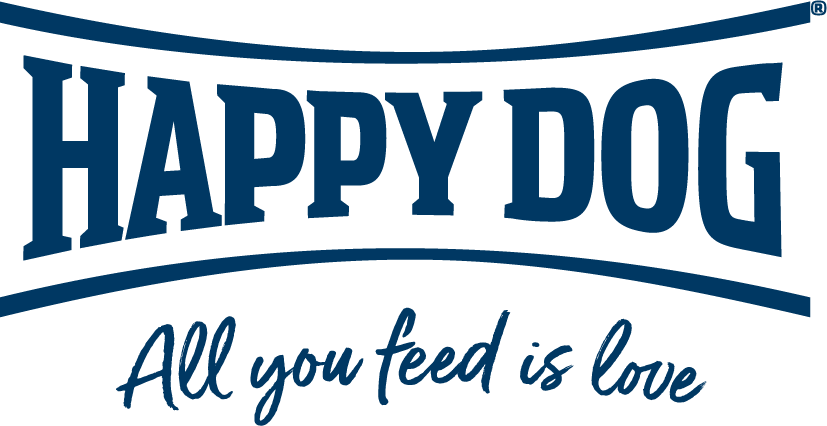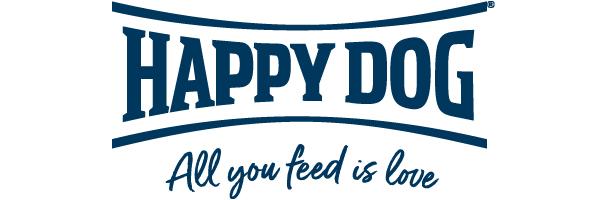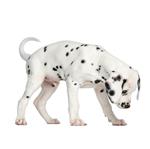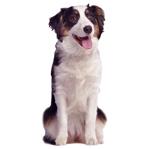| Ideal weight | Normal requirement (g / 24h) | Increased requirement (g / 24h) |
| 2 kg | 43 g | 51 g |
| 3.5 kg | 65 g | 77 g |
| 5 kg | 85 g | 101 g |
| 7.5 kg | 115 g | 137 g |
| 10 kg | 143 g | 169 g |
| 15 kg | 194 g | 229 g |
| 20 kg | 240 g | 284 g |
| 25 kg | 284 g | 336 g |
| 30 kg | 325 g | 385 g |
| 35 kg | 365 g | 433 g |
| 40 kg | 405 g | 480 g |
| 45 kg | 441 g | 525 g |
| 50 kg | 477 g | 565 g |
| 60 kg | 548 g | 650 g |
| 70 kg | 614 g | 730 g |
| 80 kg | 678 g | 805 g |
In the case of mixed feeding, please note:
150g wet food corresponds to 49g dry food.
Additional information:
It is recommended to seek the advice of a veterinarian before use or before extending the feeding period and to have the kidney function checked regularly. Offer water for free intake. For an optimal effect only the diet should be fed. Additional food should be discussed with the treating veterinarian. Unless otherwise recommended by the vet, offer 2-3 meals per day. The amount of feed must be adapted to the individual metabolism of the animal and may have to be reduced or increased in moderation.
Recommended feeding time:
Initially up to 6 months. Lifelong feeding is necessary in the case of chronic kidney failure.








